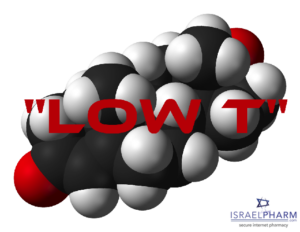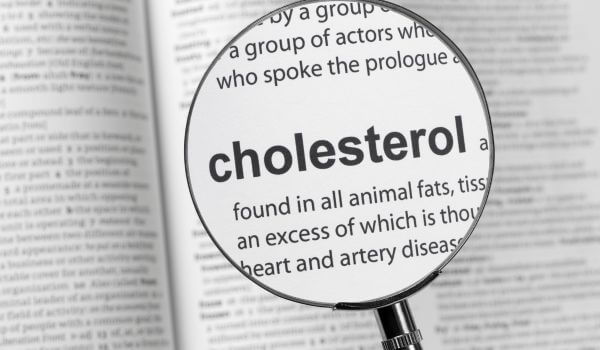Is the “low testosterone” movement a sham? A recent piece of commentary published in a recent Journal of American Medicine Internal Medicine issue definitely thinks so.
In the article, Drs. Lisa M. Schwartz and Steven Woloshin, Dartmouth Medical School physicians who frequently take on a watchdog role for the scientific and pharmaceutical industries, say the Big Pharma “low T” campaign has lowered the bar to diagnose has been lowered and that failure to obtain treatment could have dangerous outcomes.
“Whether the campaign is motivated by a sincere desire to help men or simply by greed,” they write, “we should recognize it for what it is: a mass, uncontrolled experiment that invites men to expose themselves to the harms of treatment unlikely to fix problems that may be wholly unrelated to testosterone levels.”
According to IsraelPharm Pharmacist Saul Kaye, consumers must remember that although the underlying motivation of Big Pharma is money, it’s also important to remember that generating money is only achieved if there is a proper treatment for a condition.
Testosterone is not simply right for every man simply because he is over the age of 40, Kaye said, but it is a diagnosable condition.
The JAMA article also cites hormone replacement therapy (HRT) in women as nothing more than a media buzz campaign that has created a patient base of millions of women without any checks and balances about its effects. Kaye also disagrees with this assessment, as HRT was and continues to be an important part of easing the aging process for women.
“Recognizing that an underlying cause exists for the way we feel is not buzz,” Kaye said. “It is a way to address the ever-changing medical causes of living in a modern society longer than in previous generations.”
“Just because your grandfather suffered through aging without treatment does not mean that we cannot understand the underlying causes and potentially treat them.”
















